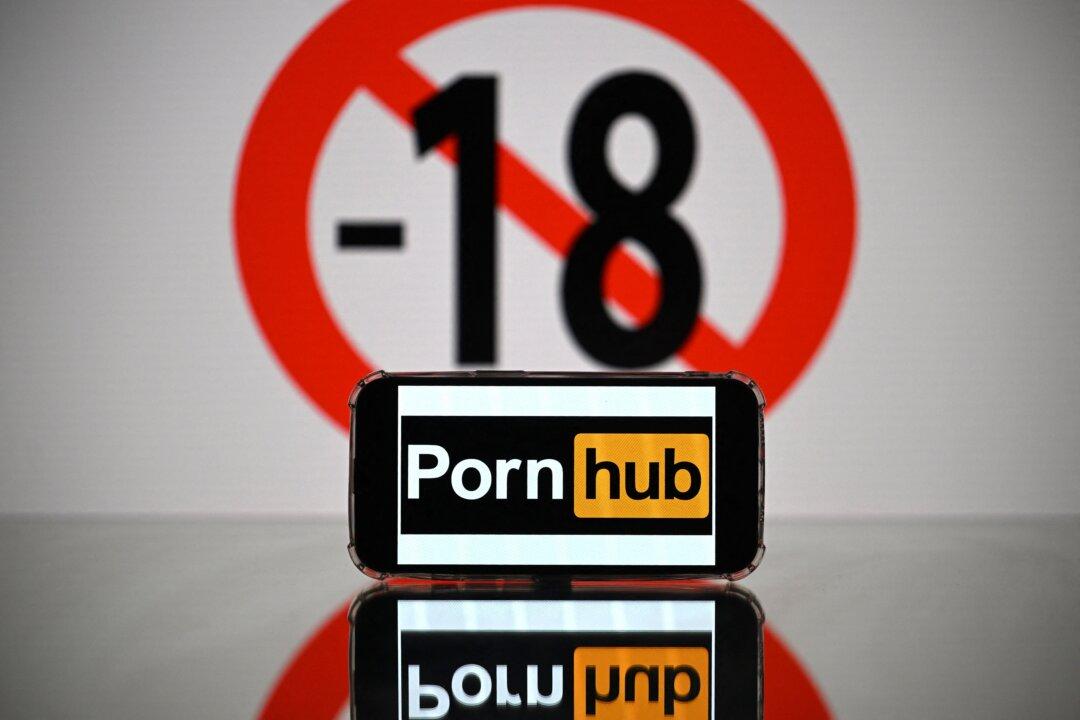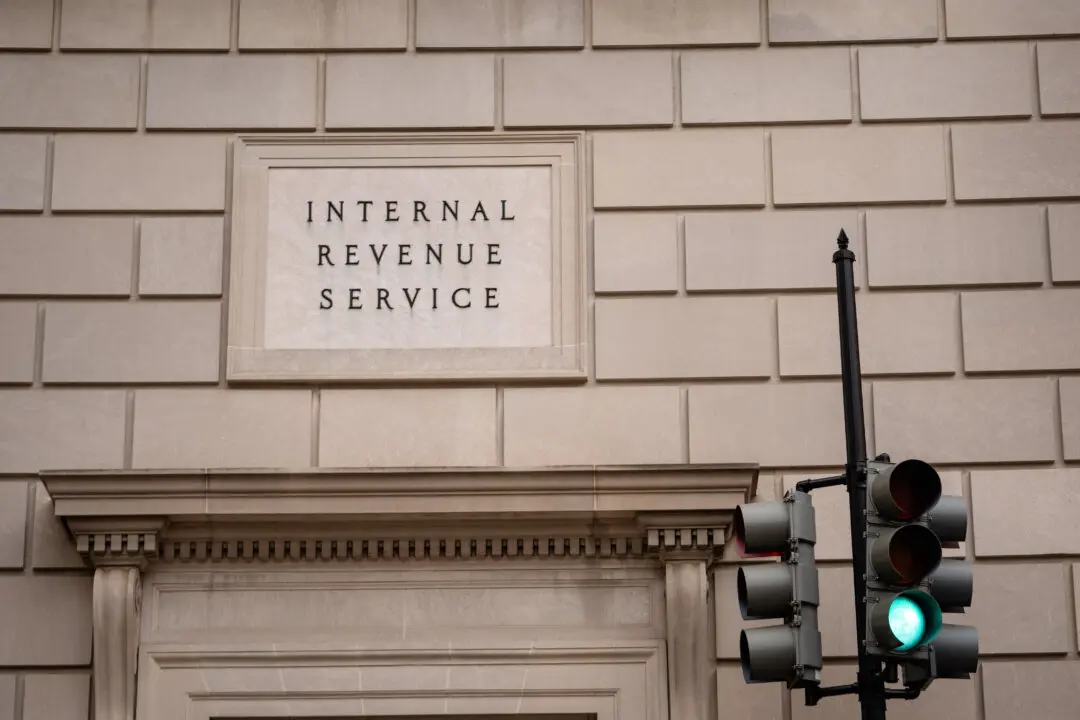A federal judge in Texas has blocked a state law seeking to impose age requirements on adult websites, claiming the bill violates the First Amendment and is a threat to privacy.
Texas’ HB 1181 (pdf) requires adult sites to verify the age of visitors to ensure they are 18 years of age or older. It was signed by Republican Governor Greg Abbott on June 12 and was set to come into effect on Sept. 1.





